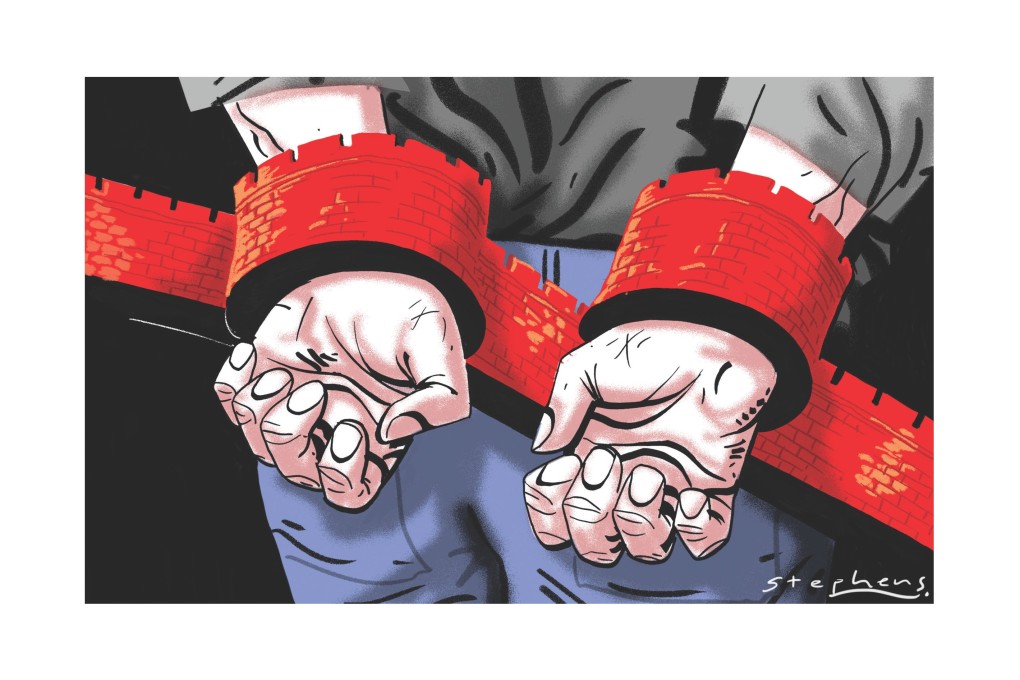In its zeal to eradicate the terrorist threat, China must still protect civil liberties
Zhou Zunyou says while China's campaign to eradicate domestic terrorist networks is justified and necessary, a careful balance is needed to also protect civil liberties

On January 18, police from Pingxiang, a city in Guangxi bordering Vietnam, shot dead two Uygurs who had tried, with several others, to cross the border illegally and had attacked the officers. The violent clash came amid an ongoing government campaign against organised human smuggling along China's southwestern borders, waged by the Ministry of Public Security. The campaign is primarily aimed at preventing Uygur extremists from leaving the country to join the insurgent group Islamic State, which is active in Syria and Iraq.
So far, around 1,200 people have been detained either for attempting to flee abroad or for organising illegal emigration. Allegedly, the mastermind of this large-scale smuggling is the East Turkestan Islamic Movement, a major terrorist group that the government believes has been behind numerous attacks in China.
The threat posed by these fleeing Uygurs is not imagined. One notorious example was the attack on March 1 last year at the Kunming train station that killed 29 people and injured more than 140 others. The carnage was the work of a group of Uygur extremists who had unsuccessfully attempted to cross the border. Another significant incident occurred in Shanghai last November, when nine Uygurs were detained as they tried to fly out of China using fake passports. According to officials, they were found in possession of terrorism-related videos.
The Chinese government is greatly concerned about the flow of radical Uygurs to the Middle East, because of fears that, as soon as these battle-hardened and networked terrorists return, they could launch lethal attacks at home.
The reality is grim. According to a report published last December, around 300 Chinese nationals were estimated to have been fighting alongside Islamic State. More recently, the Malaysian authorities revealed that over 300 Chinese nationals were said to have used Malaysia as a transit point on their way to join Islamic State. There was no mention of ethnicity, but it's everybody's guess that they were mostly Uygur.
China is not alone with this problem. European countries face the challenge of scores of radicalised young Europeans heading to fight for Islamic State and later returning to their homeland. In Germany alone, at least 550 people have departed for the Middle East and around 180 have come back.
The Chinese crackdown on human smuggling is an attempt to cut the physical connections between Uygur extremists within the country and foreign-based terrorists. It is just one aspect of China's counter-terrorism strategy. The other is to sever virtual connections.